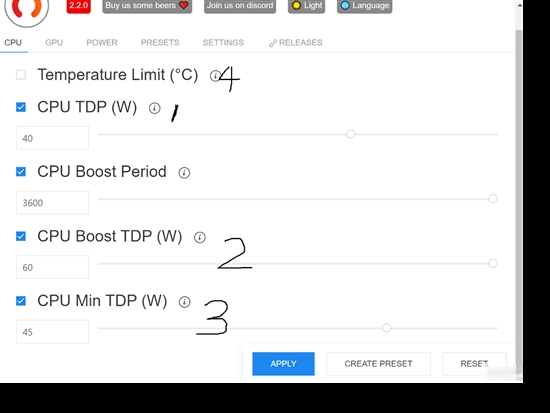

With a higher TDP and longer boost, the 4800H is ~2% faster in multi-thread, but 2% slower in single-core. Starting with Cinebench R20, we know Ryzen 4000 is a strong performer in this workload, however the 4800H does perform a little differently to the 4900HS. For Intel CPUs this generally means a 45W long term PL1 limit, and for AMD processors it's 45W on the 4800H and 35W on the 4900HS and 3750H. We've also run every laptop at stock settings and unless otherwise specified. The average score exclude models with single channel memory or other situations that heavily throttle the components at hand, we've tried our best to create apples-to-apples data as possible. Testing laptop components can be more challenging than desktops as each configuration can vary in cooling and other hardware, so these averages are meant to illustrate how a 'typical' system will perform.


You can check out the full list of laptops tested here. The data in the charts is an average from the laptops we've tested with the given hardware. You'll see across this review a number of different laptop CPUs in the charts and, at times, GPU configurations as well. You also get a 15-inch 1080p display, a basic design with no obvious flaws, in what appears to be a suitable mid-range gaming laptop.Ī few quick notes on the test setup. There's also a RTX 2060 model available for a little extra. It's actually a nice value offering at just a $1,000, comes with the 4800H, 16GB of DDR4 memory and a discrete GTX 1660 Ti GPU at 80W. On paper there's a difference, but we don't expect any H-series laptops to launch without a discrete GPU pairing, making the point moot.įor testing the Ryzen 7 4800H we bought an Asus TUF Gaming A15 laptop which is widely available in the US. Meanwhile, the Ryzen 7 4800H has 7 compute units clocked at 1600 MHz. The Ryzen 9 comes with a fully unlocked Vega GPU with 8 compute units and a 1750 MHz max frequency. The other key difference between the two CPUS is the integrated graphics. In essence, the 4900HS is set to provide similar performance to the 4800H at a lower level of power consumption, at least in theory. Cache size is the same at 8 MB 元, and of course, we're getting 8 cores and 16 threads. However clock speeds between the 4800H and 4900HS are similar at a 3.0 GHz base and 4.3 GHz boost for the 4900HS compared to 2.9 GHz and 4.2 GHz for the 4800H. The Ryzen 7 4800H comes configured with a default 45 W TDP rather than the lower 35 W AMD targets for their premium HS-series SKUs. So today's review is going to cover what's likely going to be the most popular Ryzen H-series APU among buyers and laptop models across different brands. While the 4900HS was definitely a very interesting part, it's probably not going to be as widely available as the 4800H which targets a more mainstream market. Following up to our coverage of the Ryzen 9 4900HS, today we're going to be testing the AMD Ryzen 7 4800H laptop processor.


 0 kommentar(er)
0 kommentar(er)
